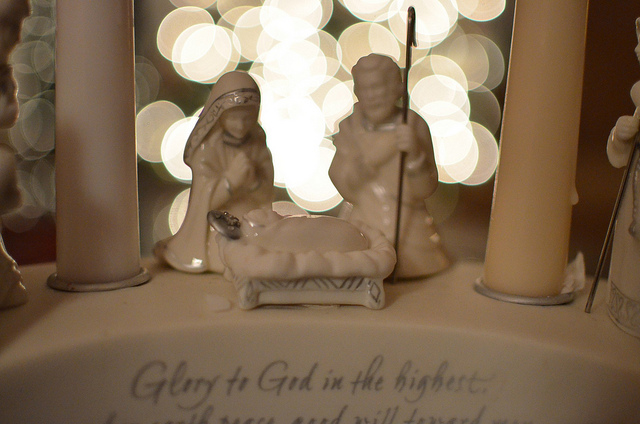This looks to be an interesting study.
There may be political bias in the classroom, but headed in the other direction. A new study — soon to be published in PS: Political Science & Politics — finds that students are the ones with bias, attributing characteristics to their professors based on the students’ perceptions of their faculty members’ politics and how much they differ from their own.
The authors of the study say that it backs the claims of proponents of the Academic Bill of Rights that students think about — and are in some cases concerned about — the politics of their professors. But the authors also say that the study directly refutes the idea that students are being somehow indoctrinated by views that they don’t like. “Students aren’t simply sponges,” says April Kelly-Woessner, part of the husband-and-wife team of political scientists who wrote the study. Further, she adds that the study suggests that not only do students not change their views because of professors, but may even “push back” and judge professors based on politics, not merit.
My own experience says that this is true, and applies as much to religion as politics. In fact, it is usually the religion and not the politics that are to the fore, as one might expect, in my classes and I have indeed found that students who have pegged me as having a particular view point that they do not share begin to shut down and no longer engage with me, even in the classroom context. I should note that they often have the wrong impression of my religious convictions and politics. 🙂




3 thoughts on “Inside Higher Ed :: The Real Bias in the Classroom”
It’s human nature to have an impression of someone, even if the information available prior to forming an opinion of them is limited. It’s a way of feeling more comfortable with people, and new situations. Sort of how one needs to “size someone else up”, so to speak.
I deal with it at the corporate level. Employees tend to form an opinion of a new supervisor or co-worker before they really have had enough time to do so. Some people are able to enter new challenges with a clean slate and begin noting their impressions on it as time goes on, but how many of us can honestly say we do that consistantly with all people and situations?
I think it’s ok for students to have that pre-conceived notion about a teacher. It’s normal. A good educator will dispel those pre-conceived notions in time. That is, of course, unless the student was correct in their impression of the educator all along.
Let! Great to see you here. Thanks for reading and posting. (And everything Apple is beautiful 😉
I think it is normal and understandable that students have preconceived notions about faculty, it is just not ideal. Nothing is, of course, but my concern in the classroom is that my students give the ideas presented a fair hearing (even those I may not accept, but I try and present them as fairly as possible) with as little prejudice as possible; especially prejudice about the instructor.
I don’t feel that it is my job to dispel any preconceived notions. It is my job to teach them to think, to learn how to examine the material remains (textual, archaeological, theological) and come to their own conclusions while thinking critically about their own, my, and other scholars’ ideas and concepts. Of course, we all want to be liked and sometimes I do go out of my way to let folks know that I am not the right/left/Jew/Christian/Republican/Democrat that they think I am.
One class had a poll in which roughly 50% thought I was liberal theologically and the other 50% thought I was conservative. Job well done, I thought. 🙂
CB-
I agree it’s not your job. But as I said, inevitably it will nonetheless be the result. A mind that has been enriched by information and afforded the ability to generate opinion based on the same does that whether it wills it or not.